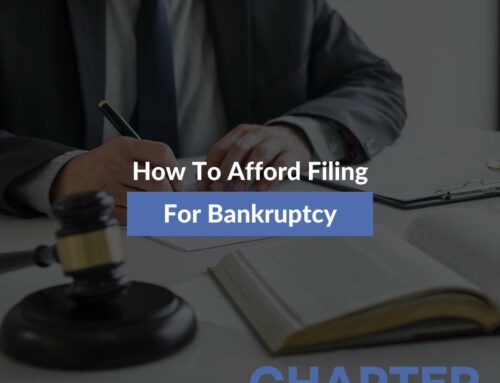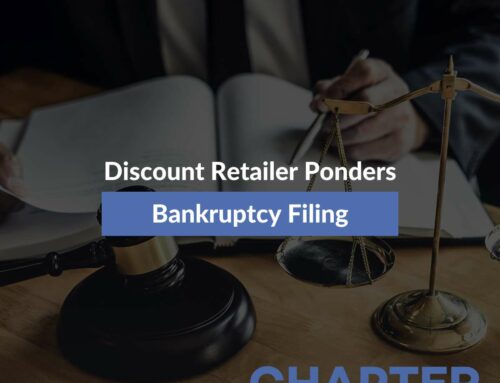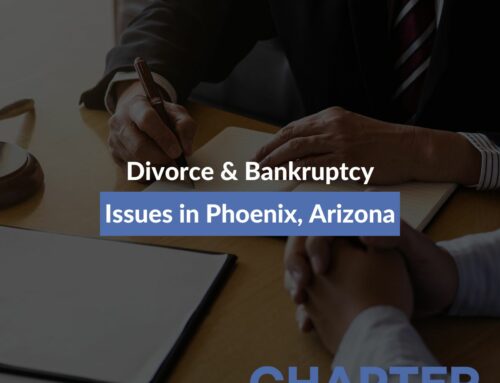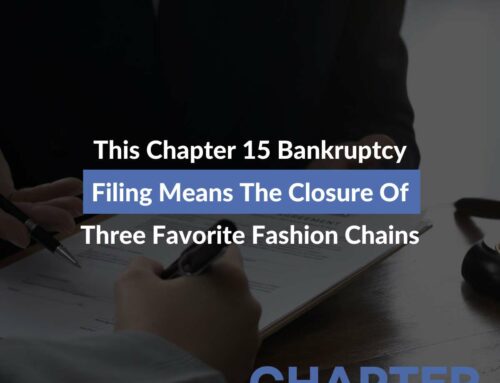It’s no secret that buying a home is more difficult than ever these days. Many of us who grew up in beautiful but reasonably-sized homes are making coming to terms with the fact that even a modest condo will come with enormous costs and may be the only realistic path out of the renter’s cycle. Prices are high and the feds are holding steady on interest rates to ward off inflation. If one is lucky enough to become a homeowner in this tumultuous market, they may be subject to HOA fees.
A Homeowners’ Association, or HOA, sets rules for its community and takes care of repairs and maintenance for shared amenities, such as pools, tennis courts, and parking structures. Most HOAs will have regular payments, such as monthly or every 6 months, and can also charge members of the community special assessments- for example, when my secretly rich ex-boyfriend’s parents bought him a condo in Los Angeles, he was immediately charged several thousand dollars as a special assessment because of a massive leak in the parking garage. I was oblivious to his family’s wealth at that point, and I should have realized because he wasn’t even upset about the bill. HOAs can also fine community members for failure to comply with community rules, like overgrown weeds, or in my mom’s case, too many plants on her patio. Money doesn’t buy happiness, but it does pay for housing, and a homeowner can face serious consequences if they fail to pay their HOA dues. Facing home foreclosure in Maricopa County due to HOA fees and assessments? Contact our Arizona bankruptcy firm for your free consultation at 480-405-1010.
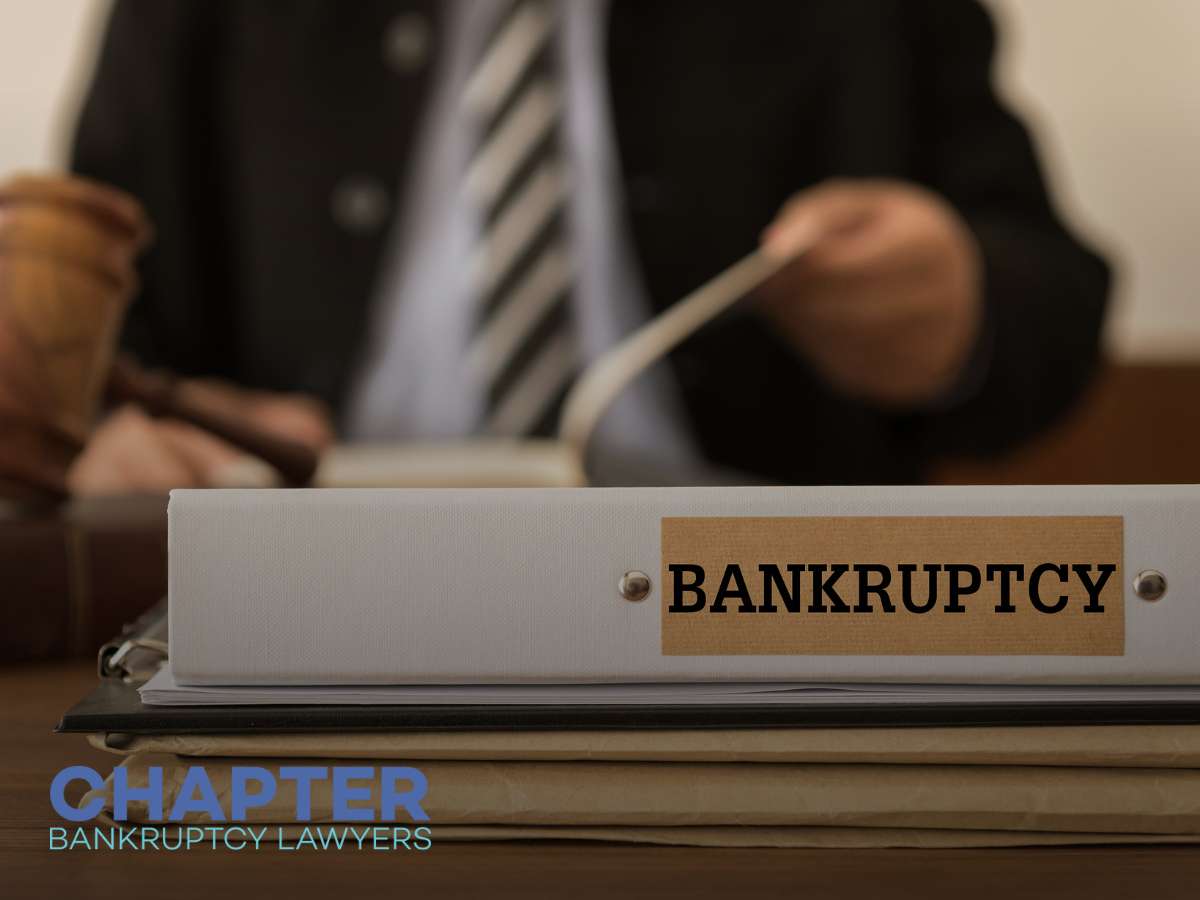
HOA Foreclosures In Arizona
When a homeowner falls behind on HOA fees and assessments, the HOA can usually put a lien on the home, based on the HOA’s Declaration of Covenants, Conditions, and Restrictions, or CC&Rs. The CC&Rs may have a provision for automatic attachment of a lien after falling behind on payments, or the HOA will manually record the lien with the county recorder. In Arizona, the HOA is not required to record a lien for it to be valid, but filing a Notice of Claim of Lien is a common practice. Once there is a lien on the home, the homeowner is no longer able to sell the home or refinance it. The HOA can add extra fees onto a lien such as collection fees, late fees, and attorney’s fees.
If the homeowner is unable to pay off the lien, the HOA needs to provide the homeowner with at least 30 days’ notice before beginning collection activities. The notice should be provided by certified mail with return receipt requested. Per Arizona law, the notice is required to contain the following statement:
“Your account is delinquent. If you do not bring your account current or make arrangements that are approved by the association to bring your account current within thirty days after the date of this notice, your account will be turned over for further collection proceedings. Such procedures could include bringing a foreclosure action against your property.”
In Arizona, the amount in arrears must be past-due at least 1 year before an HOA can execute a foreclosure unless the amount in question is more than $1,200. The HOA has 6 years to execute a lien enforcement action. Other than that, an HOA foreclosure proceeds similarly to any other home foreclosure. An HOA lien is prioritized over several types of liens except for taxes and liens recorded before the declaration, including a home mortgage. Have more questions about a potential HOA foreclosure in Arizona and how filing for bankruptcy might help? Contact our firm for your free consultation at 480-405-1010.
What Is The Automatic Stay & How Can It Stop Home Foreclosure?
When a debtor files for bankruptcy, they gain a legal protection known as the Automatic Stay. The automatic stay is one of the major reasons that people struggling with debt turn to bankruptcy. It halts several types of creditor collection efforts, including wage garnishments, lawsuits, repossessions, and more. A home foreclosure must stop if the homeowner declares bankruptcy before the foreclosure auction. The automatic stay activates for both chapter 7 and chapter 13 filings, and generally protects the debtor until their case is discharged. However, there are a few ways the creditor might get around the automatic stay protections.
One way a creditor can pursue collection despite the automatic stay is through a motion for relief from the automatic stay. The debtor will be notified if any of their creditors file this motion so that they can prepare an argument against the court granting the motion. If a creditor is successful with their motion for relief from the automatic stay, they can execute the proposed debt collection action. Other creditors are not allowed to act based on that motion for relief from the automatic stay.
Another reason a creditor might be able to proceed with foreclosure despite the automatic stay is if the debtor is only entitled to an exploding automatic stay. An exploding stay happens when the debtor has filed for bankruptcy multiple times in quick succession. This can occur when the debtor repeatedly makes mistakes in their bankruptcy petition that are serious enough to warrant case dismissal. If this triggers an exploding stay, the debtor will lose their typical bankruptcy protections after 30 days rather than after the case is completed. This is one of the reasons that it is important to consider hiring a skilled bankruptcy firm to handle your case. Quality bankruptcy counsel will make sure your filings are executed properly so that your assets will be protected.
Chapter 7 Or Chapter 13
Both chapter 7 and chapter 13 activate the automatic stay and can ward off a home foreclosure. But because they operate differently, one may be more advantageous than the other to address an HOA foreclosure. It’s important to note that if the HOA puts a lien on your home due to unpaid dues and assessments, this is a secured debt. Your home is the collateral to help enforce payment of the past-due debt. Secured debts are not wiped away in chapter 7 bankruptcy like some other debts, such as credit cards and medical bills. That means that while the debtor will be protected from foreclosure while their case is active, as long as none of the exceptions described above apply, the creditor can initiate a foreclosure action after the case has been discharged if the past-due balance hasn’t been rectified. That gives a chapter 7 bankruptcy debtor about 3 to 5 months to catch up on HOA dues and assessments. In chapter 13 bankruptcy, that past-due balance is paid off in monthly installments over 3 or 5 years. Therefore, many homeowners facing foreclosure opt for chapter 13 bankruptcy over chapter 7.
Learn More About Filing For Bankruptcy- & Our $0 Down Payment Option- With Our Arizona Bankruptcy Team
Want to review your situation with an experienced Arizona Bankruptcy Team to see which works better for your situation, and to confirm that you’re qualified? Call 480-405-1010 to schedule your free consultation with our firm. Contact us!
CHAPTER BANKRUPTCY LAWYERS
Email: [email protected]
Website: www.chapterbankruptcylaw.com
Mesa Office
3707 E Southern Ave
Mesa, AZ 85206
Office: 480-405-1010
Tempe Office
4500 S Lakeshore Dr #300
Tempe, AZ 85282
Office: 480-562-6145


